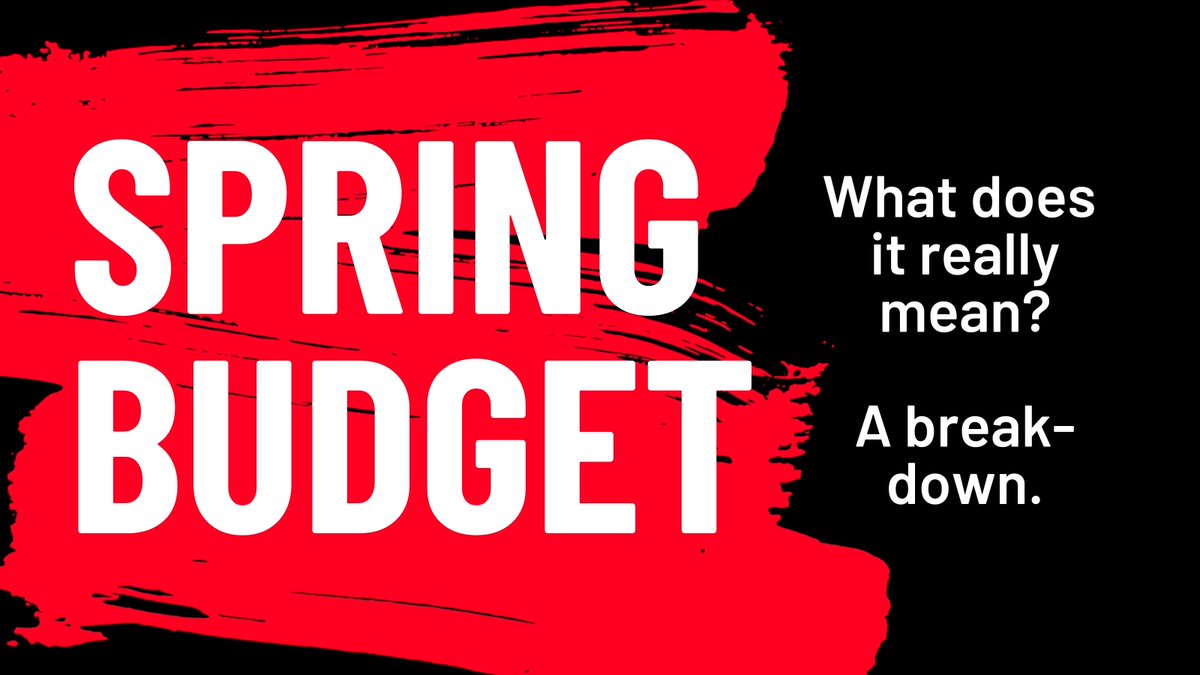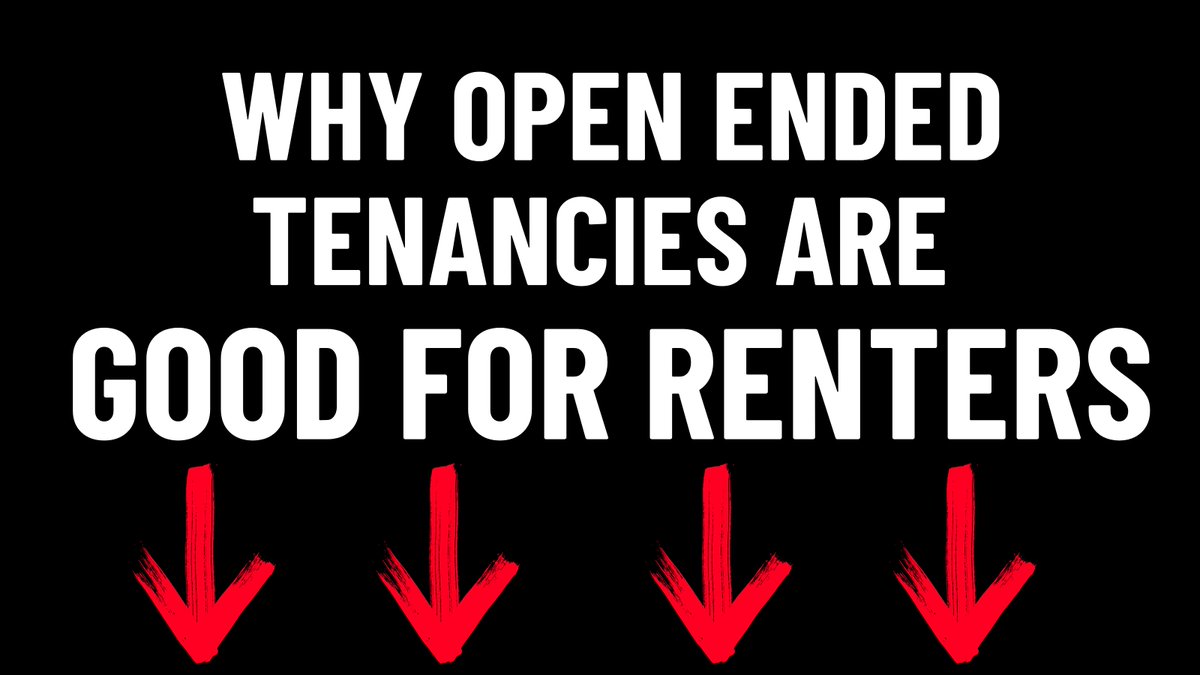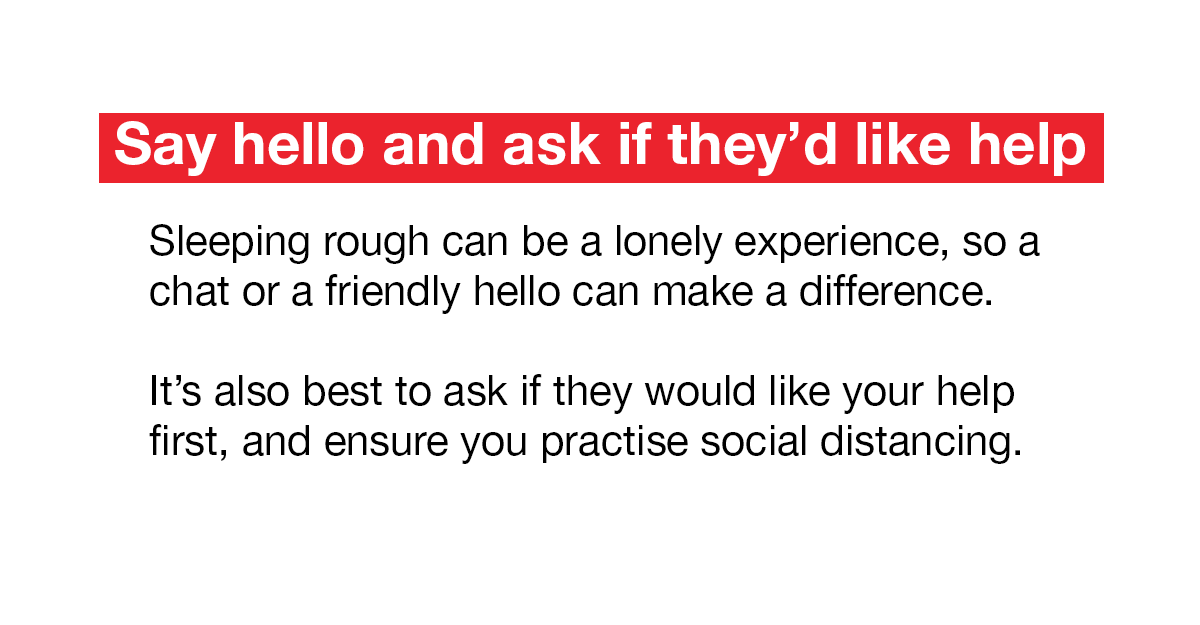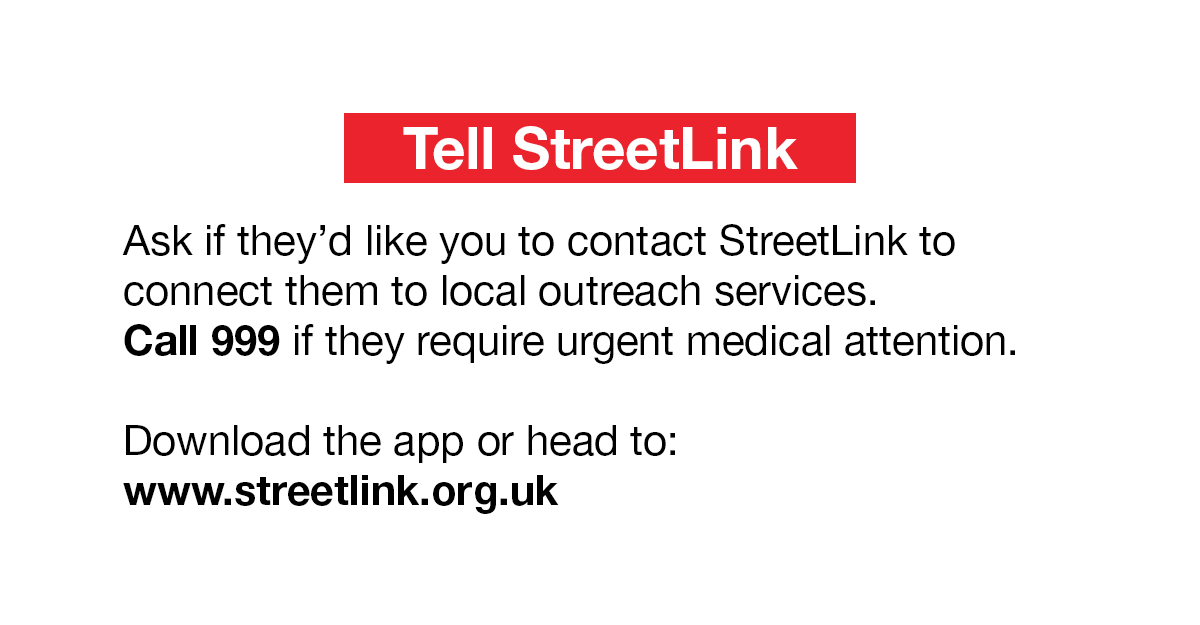
After a Budget where beer was mentioned more than housing, what will the next year look like for renters already struggling with rocketing rents and the lack of affordable homes?
We explore - a #Budget2023 thread.
We explore - a #Budget2023 thread.

Firstly, the government missed the crucial chance to unfreeze local housing allowance.
LHA determines the amount of housing benefit or universal credit housing allowance that private renters can receive and has been frozen since 2020. In that time, rents have rocketed.
LHA determines the amount of housing benefit or universal credit housing allowance that private renters can receive and has been frozen since 2020. In that time, rents have rocketed.
Unfreezing housing benefit would help people cope with rising rents and prevent more families becoming homeless this year.
We already know that over HALF of renters receiving housing benefit have a shortfall, on average a whopping £151 per month.
We already know that over HALF of renters receiving housing benefit have a shortfall, on average a whopping £151 per month.
If people's rent costs more than LHA, they face impossible decisions, and will be put at risk of rent arrears if they can’t cut back enough on other essentials.
While there is some welcome news in the Budget to take the pressure off households during the #CostOfLivingCrisis - with the extension of the energy bills guarantee up until the end of June - the simple fact remains: you can’t heat a home you don’t have.
There’s also little sign of the government making the serious, long-term investment in genuinely affordable social homes needed to end the housing emergency for good, with no new cash to boost building.
With street homelessness and evictions rising, the Chancellor is ignoring the crisis as more and more people become homeless. The government promised to end rough sleeping by 2024, but without a major u-turn that seems a remote hope right now.
'We’re deeply concerned about the Chancellor’s failure to do anything to tackle the homelessness crisis which is engulfing renting families and local authorities across the country.'
Read more in our new blog. blog.shelter.org.uk/2023/03/the-ch…
Read more in our new blog. blog.shelter.org.uk/2023/03/the-ch…
• • •
Missing some Tweet in this thread? You can try to
force a refresh












